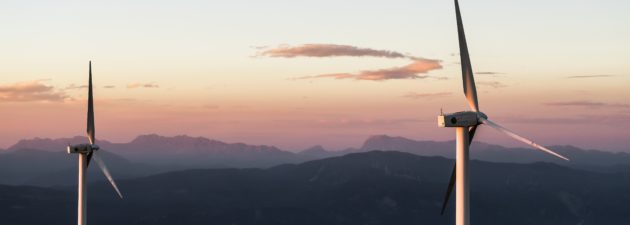Sovereignty and energy independence being intimately linked, the transition towards decarbonized energy will necessarily be accompanied by a redistribution of geopolitical cards.
Geopolitics of the energy transition


Sovereignty and energy independence being intimately linked, the transition towards decarbonized energy will necessarily be accompanied by a redistribution of geopolitical cards.

The outlook for sustainable investment is diverging globally, simultaneously being propelled forward by regulation in Europe and parts of Asia, most notably in China, and being significantly challenged by growing politicisation and controversy in America.

2023 will be a year of unprecedented policy support.

As Al Gore said at the opening of COP 27 in Sharm El-Sheikh in November, we cannot choose our misfortunes, but we can choose the benefits that come from them, especially when it comes to renewable energy. Indeed, we are in the early stages of a sustainability revolution that will have the scale of the industrial revolution and the speed of the digital revolution.

At present, the energy mix in the European Union is 42% fossil fuels, 35% renewable energies and 22% nuclear energy. And as the current crisis has unfortunately highlighted, most of the gas consumed in Europe comes from Russia (see graph below).

The drama unfolding in Ukraine signals the end of energy “recklessness” for Europe. The transition to a decarbonised economy has become a top political priority, guaranteeing our future independence.

In October we sponsored the 3rd edition of Building Bridges in Geneva, a conference focused on advancing sustainable finance in Switzerland and connecting the different worlds of finance and international organisations as well as government.

We have seen two major steps in the European regulation intended to promote sustainable investment and prevent greenwashing. None has been without controversy and concerns but it continues to move the industry in Europe ahead at a faster pace than elsewhere.

The Inflation Reduction Act (IRA) was signed in law by President Biden on 16 August 2022 after House Democrats approved the biggest-ever federal investment against climate change with a 220 to 207 vote.

The Inflation Reduction Act (IRA) was signed in law by President Biden on 16 August 2022 after House Democrats approved the biggest-ever federal investment against climate change with a 220 to 207 vote. The package targets USD 369bn of spending on energy and climate change. To illustrate the monumental size, some are pointing out the spending will be four times more than Obama’s Recovery Act of 2009 for climate initiatives. The impact will be far-reaching – even pushing some technologies, in our view, past tipping points. The legislation aims to cut emissions by at least 40% by 2030.